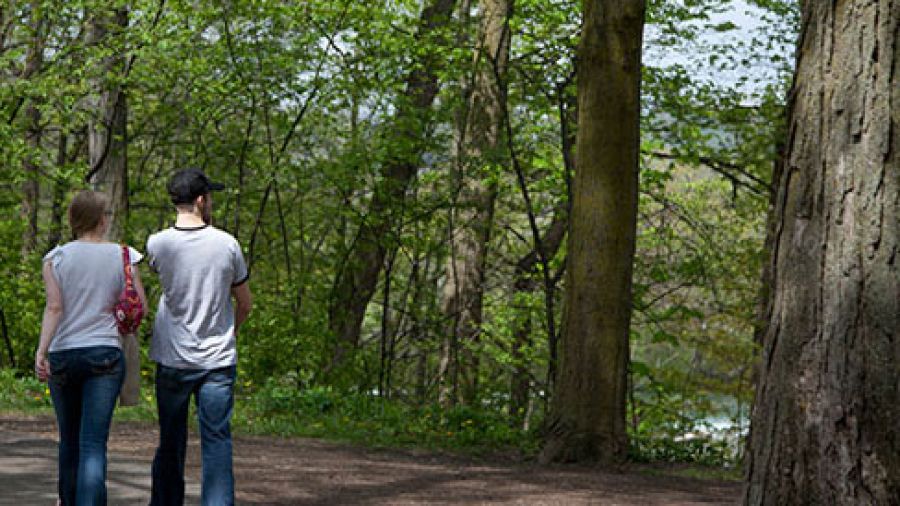Environmental Studies
Environmental studies provide knowledge and understanding of the relationship that exists between humans and the natural world that we live in. You will grow to recognize the social, economic and scientific factors at play in how we interact with our environment, and learn to perceive the consequences of that interaction. For a career as a conservationist, for-profit and nonprofit work, environmental lawyer or community activist, a degree or minor in environmental studies will train you in the modern issues that you’ll have to tackle. You will also get to supplement your education with real world experience in the field through hands-on coursework.
Coursework in the Environmental Studies program involves a varied curriculum that includes social sciences, economics, business and humanities classes. With four different tracks of study that can be applied to numerous career paths, the program gives you the opportunity to apply the discipline to your chosen career, while immersing yourself in the topics that interest you the most. You are given many opportunities to work on active research projects, including working with communities, organizations and coalitions in and around Buffalo. You will also have the opportunity to participate in the study abroad programs to further your understanding of how all people interact with the environment. Graduates have gone on to work as clean energy consultants, pursue service opportunities in environmental justice and clean water access, and work in environmental politics. Students also move on to graduate programs where they further their knowledge, or train to teach future generations.


